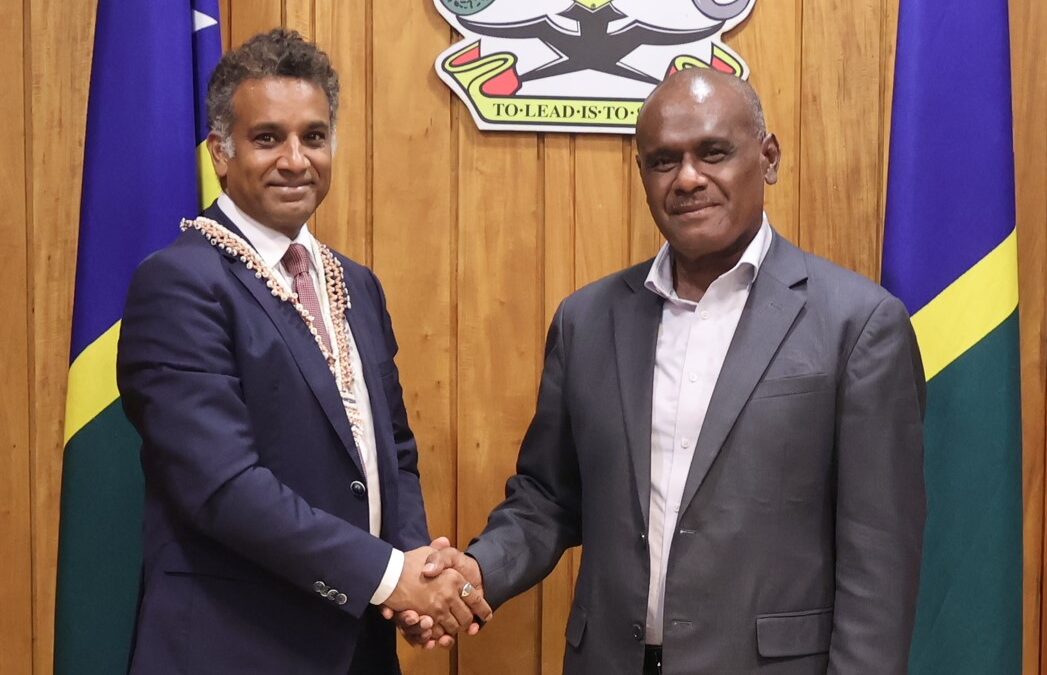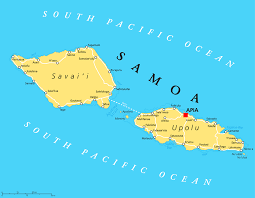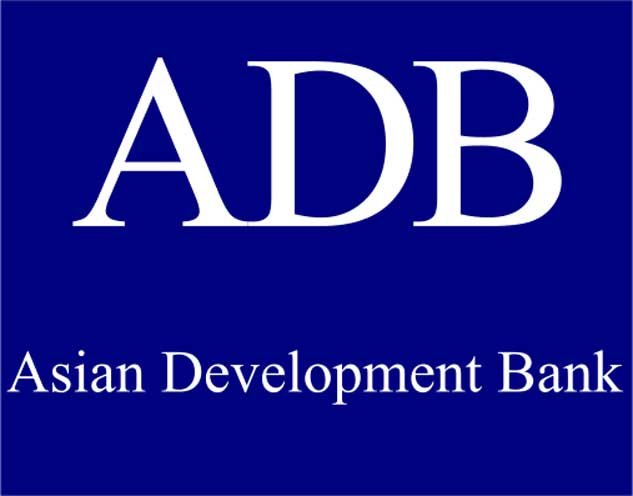Bangladesh, Bhutan, India, Nepal, and Timor-Leste set up national targets that will contribute towards achieving the target of placing 100 million people with hypertension or diabetes on protocol-based management. India alone is aiming at covering 75 million people by 2025.
Nepal, Sri Lanka, and Thailand have already implemented three MPOWER measures.
Ten countries have identified baseline average salt intake. Bangladesh, India, Indonesia, and Sri Lanka are including salt content in food labelling to help consumers make healthy choices.
Bangladesh, India, Sri Lanka, and Thailand have adopted regulations eliminating trans fatty acids from their food supply, protecting 1.7 billion people from the harms of trans fatty acids.
The SEAHEARTS initiative seeks to leverage these efforts to further accelerate progress to promote simplified treatment protocols for hypertension and diabetes, ensure continuity of care and supply of medicines, and strengthen digital information systems to track patients’ progress. It also calls for expansion of tobacco control measures, stronger regulatory actions against trans fatty acids, guiding countries to set targets for salt in food and meals, restricting marketing of food and beverages high in salt, sugar, and fat to children, and raising consumer awareness.
“By adopting innovative approaches, accelerating efforts to address risk factors, and ensuring a seamless care continuum, we can turn the tide against cardiovascular diseases ensuring everyone, everywhere goes on to live long and healthy lives,” said the Regional Director.
PRESS RELEASE (WHO South-East Asia, )











